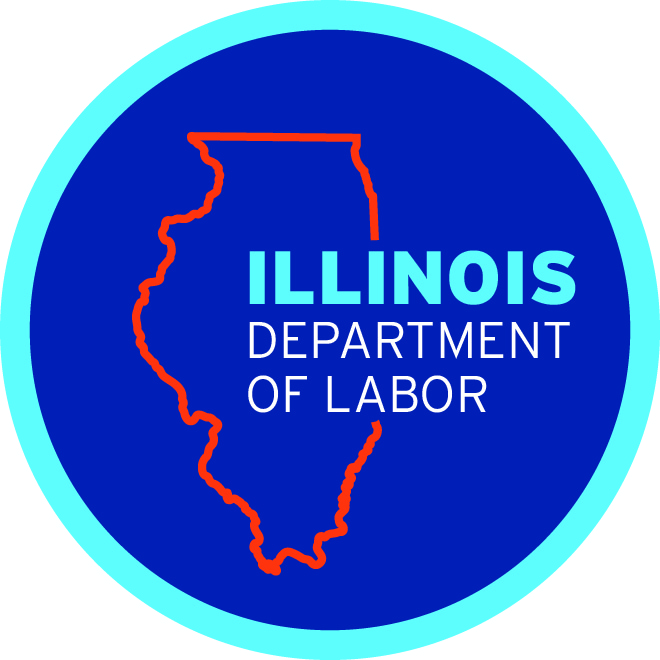Employer FAQ
The Frequently Asked Questions (FAQs) provided below highlight topics and specific questions that are often asked of the Illinois Department of Labor (IDOL). The information provided in the FAQs is intended to enhance public access and understanding of IDOL laws, regulations and compliance information.
The FAQs should not be considered a substitute for the appropriate official documents (i.e. statute and/or administrative rules.) Individuals are urged to consult legal counsel of their choice. Court decisions may affect the interpretation and constitutionality of statutes. The Department cannot offer individuals legal advice or offer advisory opinions. If you need a legal opinion, we suggest you consult your own legal counsel. These FAQs are not to be considered complete and do not relieve employers from complying with applicable IDOL laws and regulations.
- 1. What does the Department do after a claim has been filed?
- 2. What must an employer do after the employer receives a Notice of a Claim?
- 3. What occurs if I do not timely respond as required?
- 4. What occurs after the response is received?
- 5. What are the penalties if the Administrative Law Judge upholds the claim?
- 6. Can I be held personally liable for the claim?
After a claim has been filed, the Department will mail a letter to the employer with a copy of the claim along with a questionnaire that must be completed.
The employer must respond to the claim by taking one of the following actions:
- The employer can resolve the matter without further costs by submitting a check to the Department for the amount claimed in accordance with the instructions contained in the Department’s letter.
- The employer may challenge the claim. If an employer desires to challenge a claim, the employer
- must return the completed employer questionnaire
- answer each allegation of the Complaint, and
- provide any documents that support the employer’s case. The employer must return to the Department within 20 days after the date of the Notice from the Department the employer’s answer to the complaint and the completed Questionnaire and all documents, which support the defense to the claim. See Section 300.941.
If the Department does not receive a timely response, then the allegations set forth in the complaint will be deemed admitted as true and a judgment can be taken against the named company and/or individual based upon the failure to respond.
In addition an individual can be held personally liable. See Section 300.620.
After the Department receives all the requested information, the Department will conduct an investigation into the matter and make a determination. If the Department determines there are issues of fact, the matter will be set for a formal hearing before an Administrative Law Judge. You will receive notice of the hearing and the date will be posted on the Department’s web site.
If a claim goes to a hearing and the Administrative Law Judge finds in favor of the claimant, in addition to the amount the Administrative Law Judge finds to be owing, the employer is responsible for an administrative fee ($500 for claims $3000 or less, $725 for claims between $3000 and $10,000 and $1250 for claims over $10,000) plus statutory damages in the amount of 5% of the amount owed multiplied by the number of months that have elapsed between the time of the initial underpayment and the time the Administrative Law Judge’s order becomes a debt owed to the State. An employer that fails to comply with the order within 35 days shall also be liable for a penalty of 20% of the amount owed plus 1% per day of the amount owed for each day the payment is not made from the date of the underpayment until the decision becomes a final debt owed to the State.
See 820 ILCS 115/14.
Any person, including corporate officers, agents or any person who acts directly or indirectly in the interest of the employer in relation to an employee may be considered an employer under the Act and may be held individually liable for wages and final compensation.
In addition any person who knowingly permits the employer to violate the provisions of the Act including the failure to pay wages and final compensation may be individually liable for wages and final compensation. See Section 300.620.

